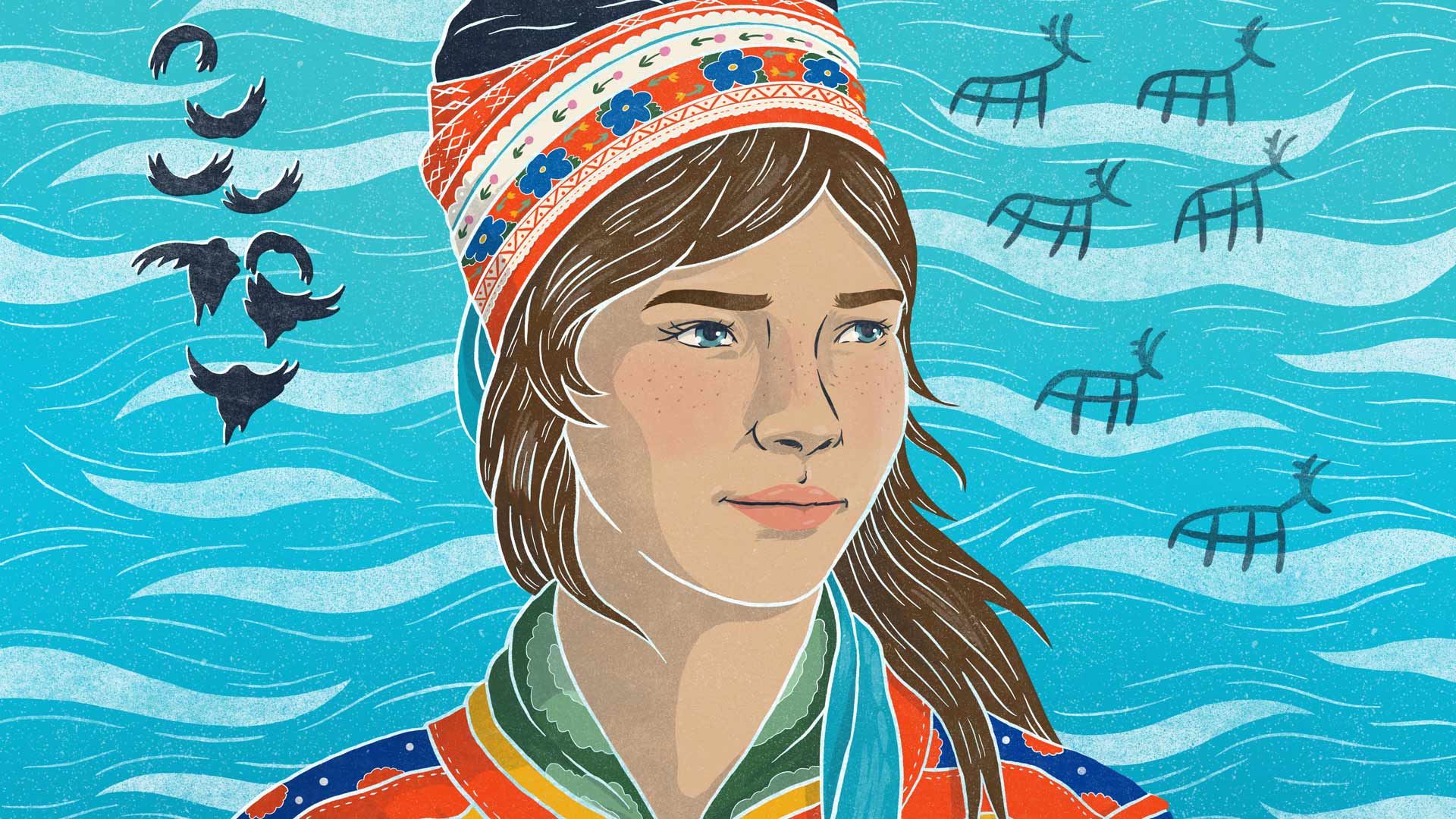Active voucher codes
Sámi literature has its roots in an oral storytelling tradition based on the traditional joik form of song. From the seventeenth century, Sámi joik poetry spread across Europe, and it inspired several literary giants, such as Goethe, Schiller and Longfellow, in creating their own works. Nowadays, Olaus Sirma is regarded as the very first Sámi author.
Many Sámi fell silent during much of the twentieth century – a period infamous for its highly charged and racist treatment of the people of Sápmi – but their stories did not die. Literature served as testimony to and resistance towards colonialism. Johan Turi’s books were written in response to the widespread ignorance of all matters pertaining to Sápmi, while political activists such as Elsa Laula and Karin Stenberg published pamphlets that continue to be read to this day. Since the 1970s, Sámi literature has been part of the global indigenous movement, which has in recent decades been at the forefront of the struggle against climate change.
Today, writing from Sápmi explores everything from fire management and the exploitation of forests to reconciliation. The point of departure for literary discourse is found in Sámi philosophy and conceptions of the world through the words of authors including Ann-Helén Laestadius, Niillas Holmberg, Elin Anna Labba and Sigbjørn Skåden, as well as classic voices such as Paulus Utsi and Nils-Aslak Valkeapää. Sámi literature is exciting and defies genre, while challenging norms, patterns of thought and the Nordic self-image. Music, film and the traditional handicraft of duodji all serve to elevate the storytelling of Sápmi to the international stage through artists such as Britta Marakatt-Labba and Joar Nango.
The Sápmi theme will highlight the powerful diversity of the entirety of Sámi literature. The theme is being organised in partnership with Tjállegoahte, as well as the Bágo Writers’ Association and Sámi Girječálliid Searvi, who are the 2024 Gothenburg Book Fair’s joint guests of honour.
